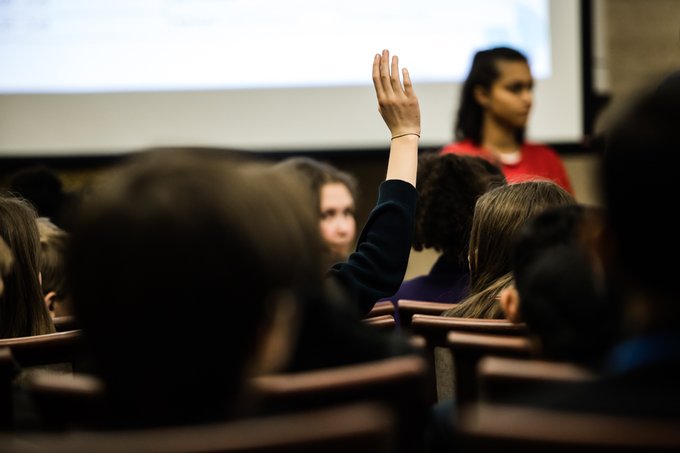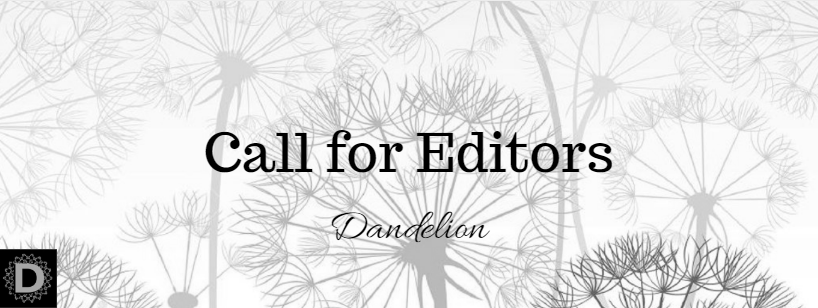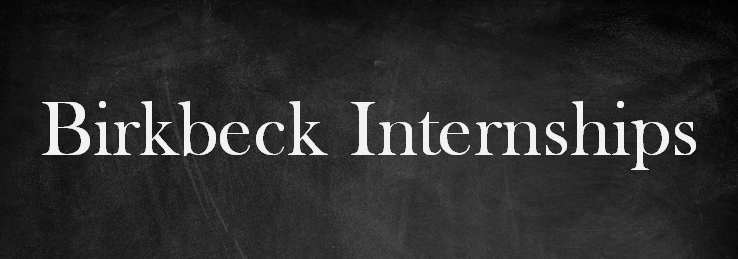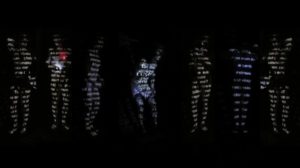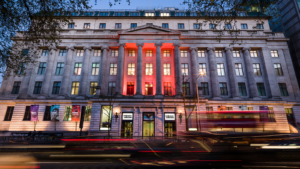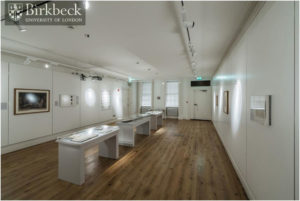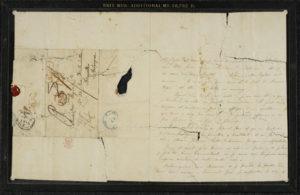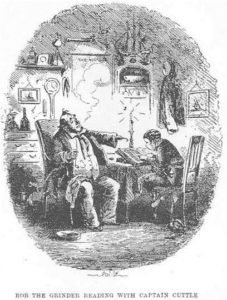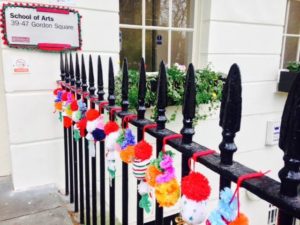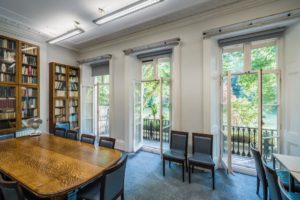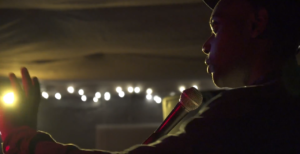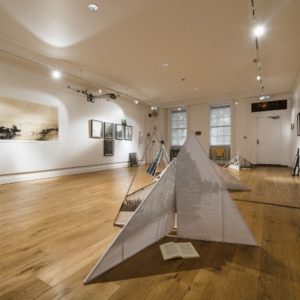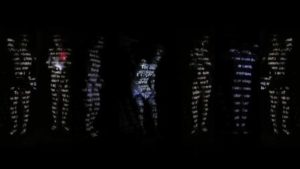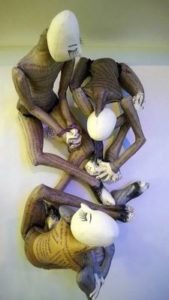Full-time placement of 6 months (FTE) which could be worked over 9 months. Work pattern to be agreed with successful candidate and variable to meet project needs. Expected start date: any time from October 2022 (flexible).
Project description and training opportunities: Curatorial internship at the Essay Film Festival, Birkbeck Institute for the Moving Image: http://www.essayfilmfestival.com
The Essay Film Festival is a well-established film festival, taking place in London in late-March/early-April since 2015, and currently planning for its ninth iteration in spring 2023. The EFF screenings and events are held at Birkbeck Cinema, the Institute of Contemporary Arts, and other venues (e.g., Goethe-Institut, Institut Français). The EFF is a unique project in that it is a research-based film festival, created in the context of a multidisciplinary and public-facing research institute (Birkbeck Institute for the Moving Image). The Birkbeck academics (Janet McCabe, Laura Mulvey, Michael Temple) involved in the EFF team consider film curating and film programming as an integral part of their research and teaching, and they share a vision of how their academic work interacts with artistic creation, political debate, and social activism.
The festival is highly focused and distinct in its aims. It does not seek to compete with or emulate any existing film festival, and this is one reason why it has been so successful, gaining international recognition alongside strong and committed audiences at home. We focus on the essayistic in film and media practices past and present, where the “essay film” is understood as the creative and critical intersection between the documentary and the experimental: on the one hand, the ambition to engage critically with the real, the everyday, the lived experiences of communities and societies across the globe; and, on the other, a desire to challenge and explore the formal language and technical possibilities of audiovisual media, both contemporary and historical. We have also boldly expanded the understanding of essayistic film and media practice beyond the western tradition where the “essay film” once appeared to reside, and we have thus shown work and engaged with filmmakers and artists from Iran, the Lebanon, Thailand, Hong Kong, the Philippines, Korea, Mexico, Argentina – to give a few examples – as well as from various European countries and North America.
Our working method is also unique. We deliberately limit the number of screenings and events to a level that allows us to focus on quality rather than quantity. We curate each session with great care and attention, always looking for the best way to present the films and the filmmakers as part of a critical conversation – rather than the conveyor-belt of “screening plus Q&A” that typifies so many other film festivals. Thus, while our festival programme may only feature 12 to 15 sessions, stretched over a week to 10 days, most of these sessions are very substantial, lasting several hours, sometimes a whole day or more, and therefore allowing for multiple screenings, long-form screenings, and crucially the right amount of time for interventions by artists, academics, and activists, as part of a well-rounded and well-informed public conversation. Our approach to film curating is greatly appreciated by the artists themselves, who happily respond to the challenge of more open and sometimes “performative” modes of presenting and discussing their work.
This is the ambitious and dynamic environment in which we work, and the context in which we would like to offer a curatorial placement to a CHASE doctoral student willing to learn and to share our vision.
Role and responsibilities:
The successful candidate will work with the EFF programming team, currently including: EFF Director Dr Michael Temple and the BIMI Manager Matthew Barrington (also a Birkbeck doctoral student), Professor Laura Mulvey (Birkbeck), Dr Janet McCabe (Birkbeck), Ricardo Matos Cabo (independent curator and Birkbeck doctoral student), Kieron Corless (deputy editor Sight & Sound), and Raquel Morais (independent curator and Birkbeck doctoral student).
While managed and mentored by the EFF Director and BIMI Manager, the intern will be totally integrated into the programming team and will work as a full and equal member of this group, learning and receiving training on the job in all aspects of creating and curating this unique festival.
The internship duration will be the equivalent of 6 months full-time, but this could be adapted to suit the candidate, for example 2 or 3 days per week, over a longer period. For this coming year, 2022-23, we would like the placement to begin at some point during the Autumn term, although we will certainly be flexible regarding the start date and the number of days worked per week.
Key tasks and training opportunities:
The initial line describes activities; the bullet-point the training / development opportunities afforded
Participation in and minuting of EFF group meetings
· Training – Working with others; communication;
Prospection and selection of films, artists, speakers, and discussants
· Training – Knowledge base; cognitive and organizational abilities; creativity
Conceptualisation of screenings and content of discussion/debate events
· Training – Knowledge base; cognitive and organizational abilities; creativity
Contact, negotiation and liaison with potential and existing EFF partners, such as embassies and consulates, cultural institutes, arts foundations and cultural organisations, university research centres, film and arts festivals
· Training – Communication; ability to work flexibly with others
Contact and negotiation with rights-owners, film distributors, film archives
· Training – Knowledge base and legal/other issues; working with others; time-management
Sourcing and administration of film prints, including technical specifications and shipping
· Training – Knowledge base; working with others; time-management
Technical checking and testing of all materials to be shown at the festival
· Training – Knowledge base; working with others; time-management
Organisation of travel and accommodation arrangements for artists and other contributors
· Training – Knowledge base; working with others; communication
Preparation of research materials on selected films and filmmakers for EFF website and other platforms
· Training – Knowledge base; cognitive and organizational abilities; creativity; communication and dissemination
Preparation of publicity and advertising materials, for social media and traditional media campaigns
· Training – Knowledge base; cognitive and organizational abilities; creativity; communication and dissemination; working with others; time-management

